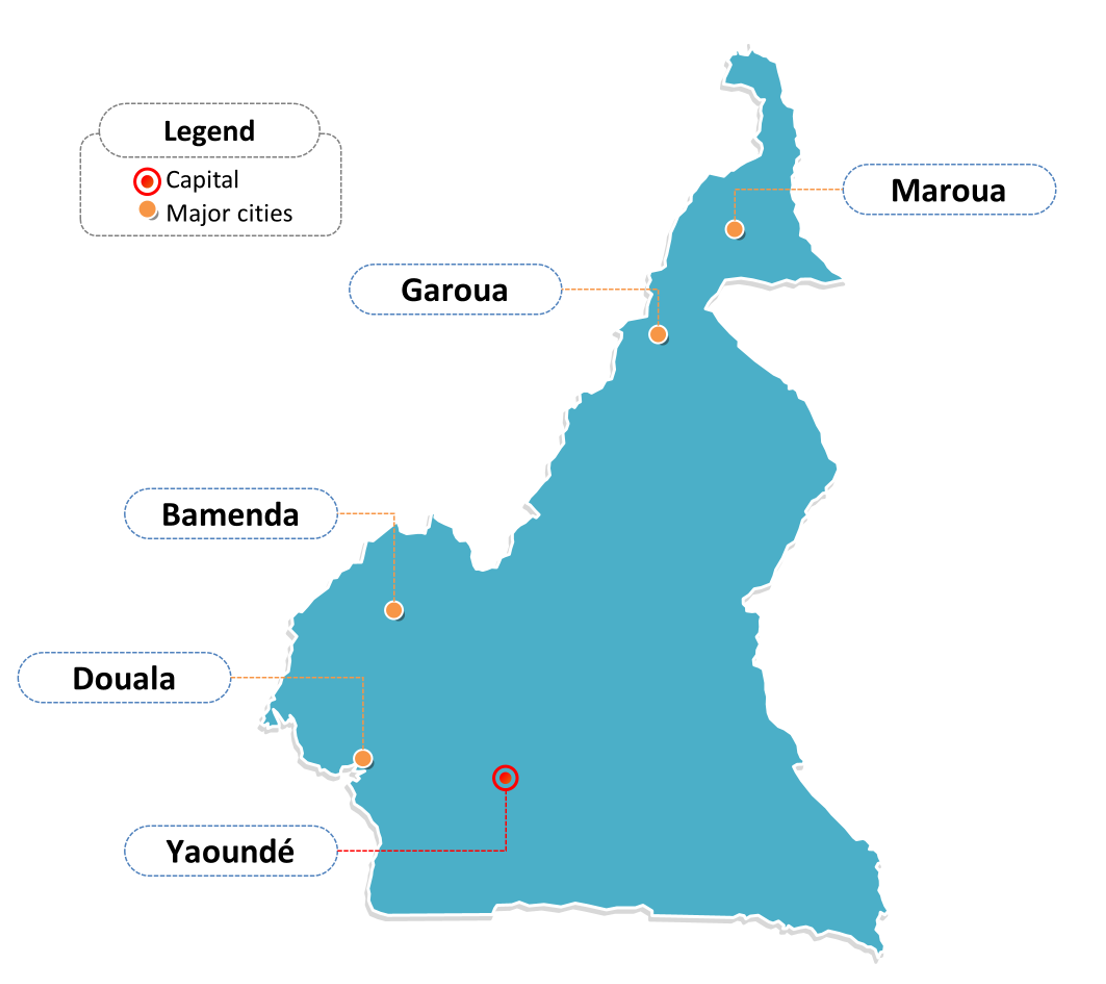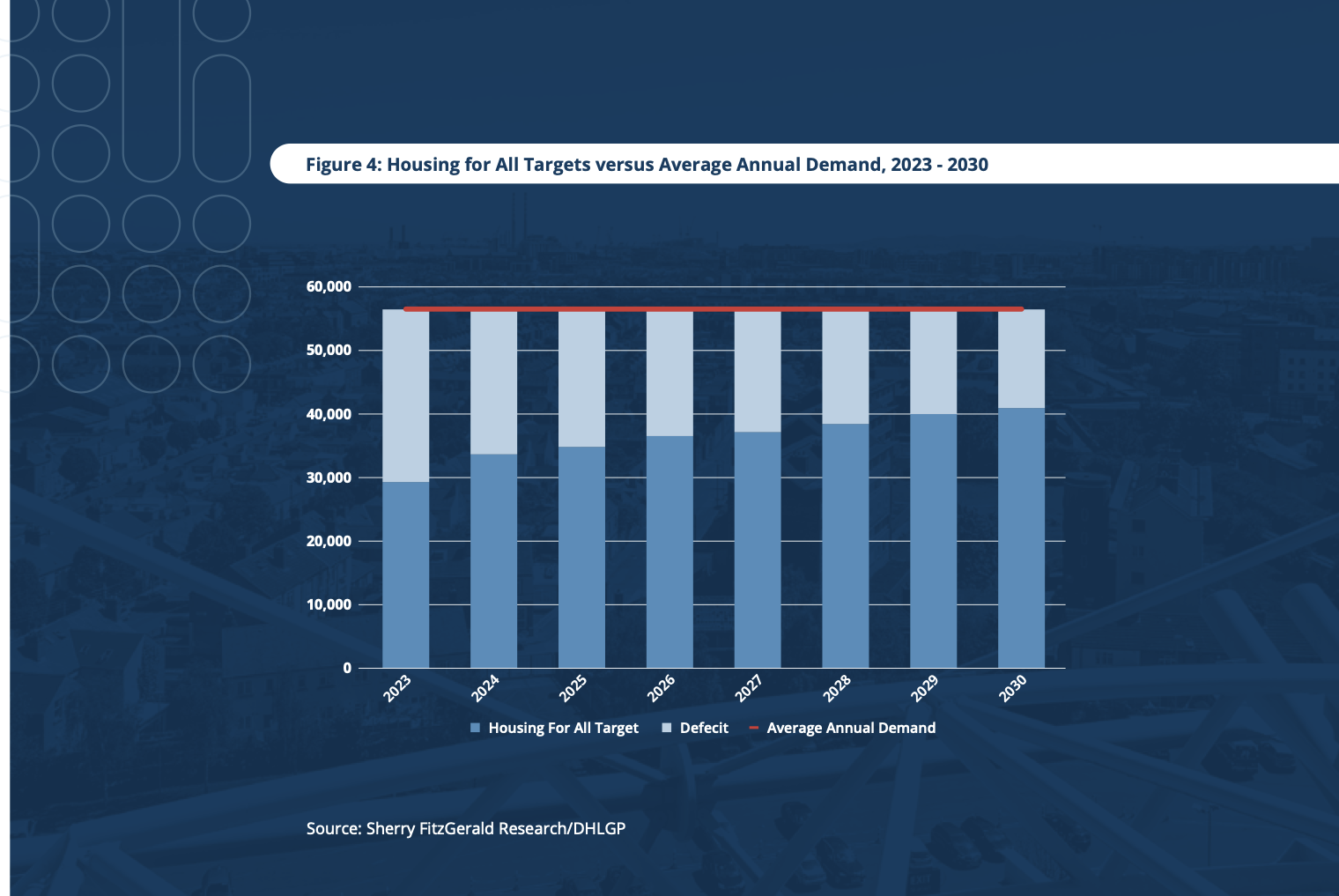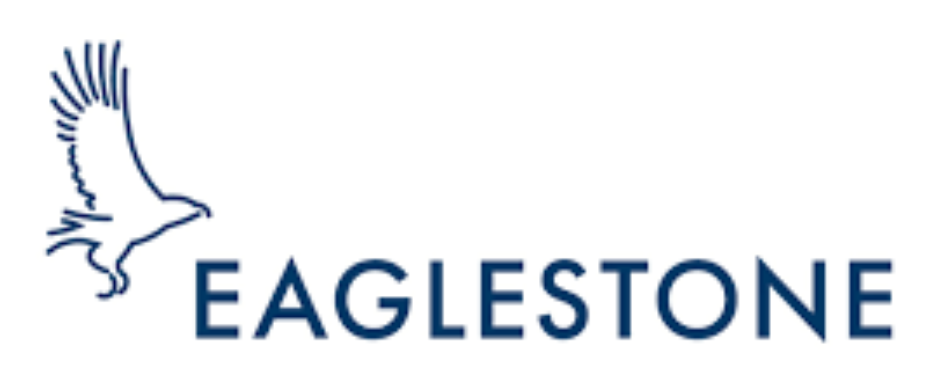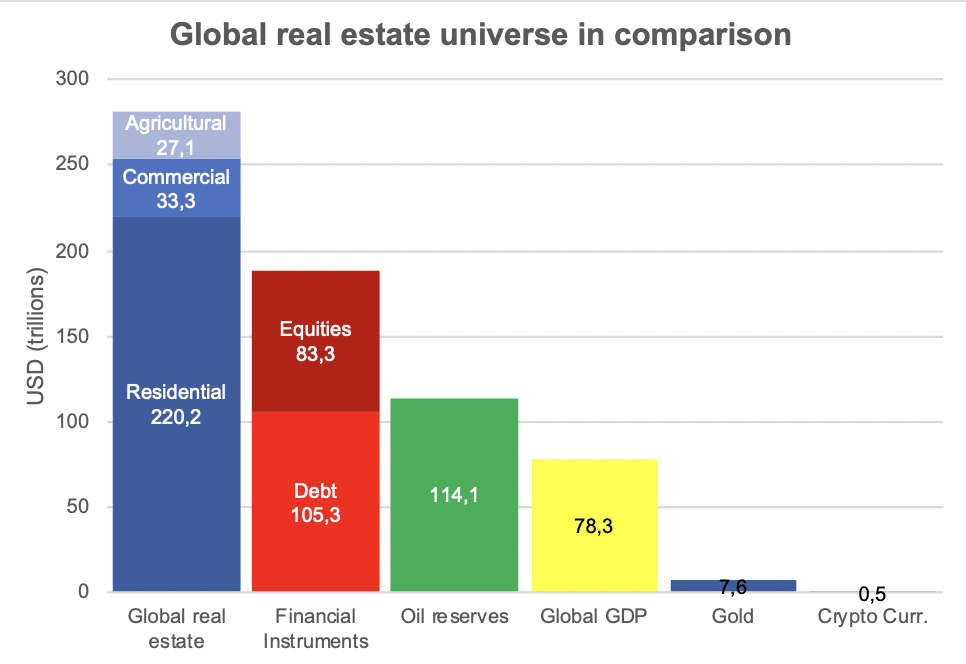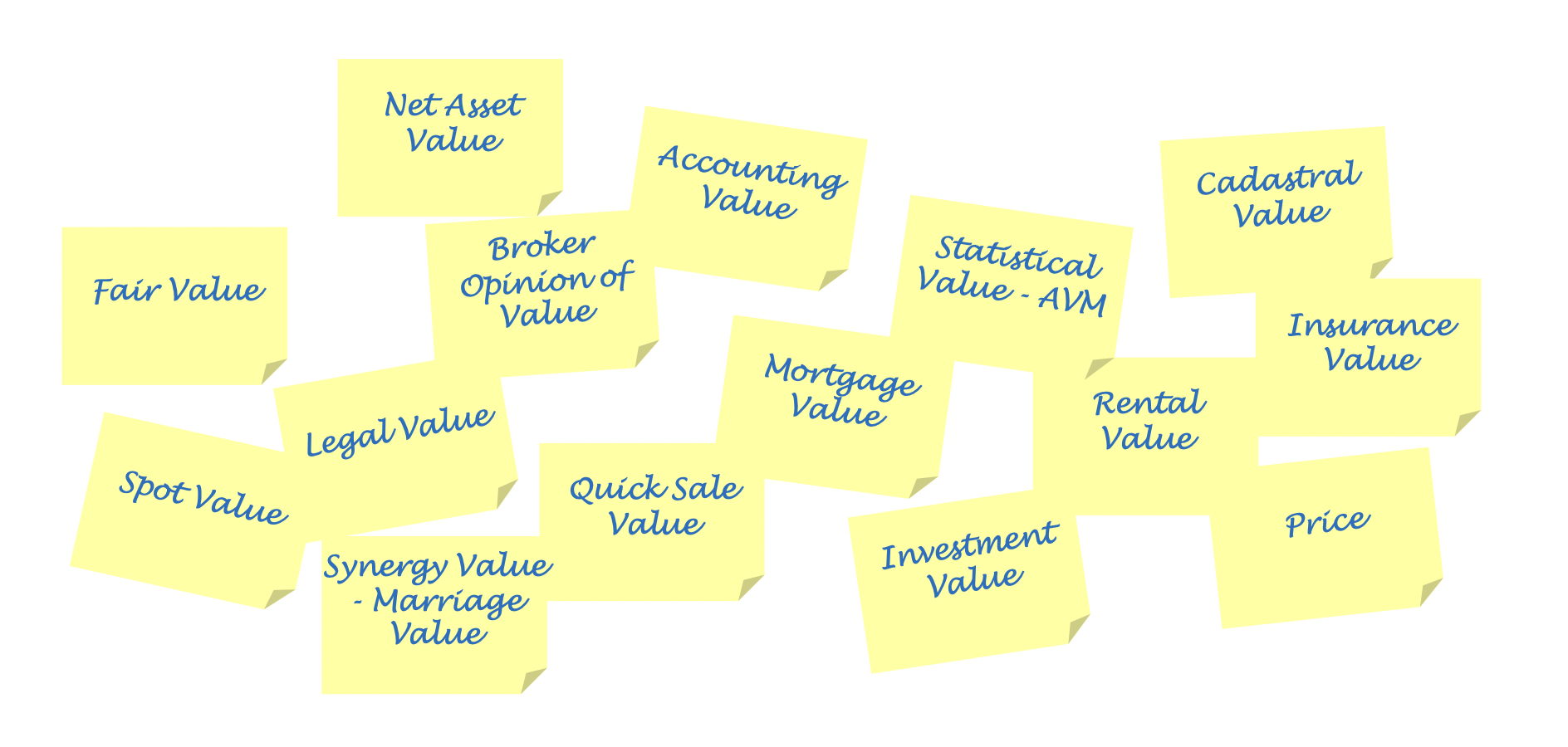
In this article, Noa AZRIA (ESSEC Business School, Master in Finance (MiF), 2025–2026) shares her professional experience as an intern at Bowery Properties.
About the company
Bowery Properties is a Miami-based multifamily investment and real estate firm active across Florida. The firm invests in and manages residential and commercial properties and has completed several notable acquisitions in South Florida, especially in the multifamily segment. Its focus on value-add assets – properties that can be improved through renovations and better management – created an ideal environment for me to understand how value is created in real estate private equity, both on paper and on the ground. In recent years, for example, Bowery has bought Buena Vista Gardens, an 89-unit portfolio in Miami’s Little Haiti, and Windward Vista Apartments, a 352-unit complex in Lauderhill acquired for 44.1 million dollars.
My internship
I joined the Acquisitions team in Miami and reported directly to the Vice President. From day one, I was involved in real transactions rather than just observing. My missions included analysing new investment opportunities, working on Excel models, preparing market studies and supporting my manager during calls.
During the internship, I realized how demanding and stimulating this role is. It requires analytical skills to underwrite deals and assess risk–return, but also communication and negotiation abilities to present new projects in an environment where all stakeholders are closely interconnected, from brokers and investors to banks.
My missions
One of the key missions of my internship was my involvement in the acquisition of Sunset Apartments, a 130-unit multifamily property valued at approximately $28.5 million. I had the opportunity to follow the transaction from the underwriting phase and contribute directly to the investment analysis, which gave me a comprehensive view of the acquisition process. The investment thesis was based on a value-add strategy, meaning that the asset had improvement potential that could be unlocked through renovations and more active asset management. The objective was to increase rents, attract better-quality tenants, reduce vacancy, and ultimately enhance the exit value of the property. My role focused mainly on financial modelling. I worked on the Excel model by integrating Capex per unit, building a phased renovation plan over one to two years, and modelling rent increases as units were renovated and tenants turned over. This allowed me to understand how Capex assumptions and rental growth directly impact key return metrics such as the internal rate of return (IRR), which measures the annualized return generated by the investment based on its future cash flows and exit value.
To support these assumptions, I also prepared a comprehensive market study. This involved identifying comparable multifamily properties in the same area, collecting data on rents, amenities, and occupancy rates, and benchmarking them against Sunset Apartments. This analysis was included in the investment package sent to banks and investors and therefore required a high level of rigor, accuracy, and clarity, as the work was subject to external scrutiny.
Beyond analytical work, my missions also included on-site asset analysis. I regularly accompanied the Vice President on property tours for both multifamily and retail assets. One particularly significant visit was to Parc Place, a large shopping center valued at approximately $71 million. During these visits, I contributed to the qualitative and operational assessment of assets, focusing on accessibility, visibility, parking, tenant mix, vacancy levels, and operational signals observed on site.
Finally, I was exposed to the structuring of transactions with banks and investors. I attended numerous calls with brokers, banks, and investors. Discussions with banks mainly revolved around debt terms such as loan-to-value ratios, interest rate structures (fixed or variable), amortization profiles, and covenants including debt service coverage ratio (DSCR) and minimum occupancy requirements. With investors, I worked on models presenting different capital structure options, ranging from simple profit-sharing arrangements to more complex waterfalls with preferred returns and thresholds. These missions gave me a concrete understanding of how real estate transactions are structured and how risk and return are allocated in private equity.
Required skills and knowledge
This internship required a strong ability to adapt and learn quickly. At the beginning, I mainly worked on clearly defined tasks such as updating financial models, collecting market data, and formatting analytical documents. These missions required rigor, attention to detail, and a solid understanding of basic financial concepts.
As my responsibilities increased, the role demanded greater autonomy, analytical thinking, and organizational skills. I was required to conduct full market studies, build acquisition analyses from scratch, and manage tasks with a higher level of responsibility. Being able to structure analyses, prioritize information, and deliver accurate work under time constraints was essential in this environment.
What I learned
From this experience at Bowery Properties, I developed and strengthened several skills.
On the technical side, I improved my financial analysis of real estate assets (net operating income (NOI), capital expenditures (Capex), rent roll, internal rate of return (IRR), equity multiple), my ability to conduct market studies based on comparable assets and local fundamentals, and my understanding of debt financing (loan to value (LTV), debt service coverage ratio (DSCR), interest structures) and equity structuring (straight splits, waterfalls with hurdles).
On the personal and professional side, I gained autonomy and a sense of responsibility. I also strengthened my rigour and attention to detail, knowing that a simple mistake in an assumption can change the conclusion of a deal. Finally, I progressed in stress management, communication (knowing when and how to speak up with an idea or a concern) and confidence in my own judgement when I had analyzed a file in depth.
Financial and business concepts related to my internship
I present below three financial and business concepts related to my internship: investment horizon, qualitative analysis through on-site due diligence, and the importance of qualitative relationships with stakeholders.
Investment horizon
A fundamental concept in real estate private equity is the investment horizon. Unlike liquid financial assets, real estate investments are illiquid and require a medium- to long-term holding period to fully realize value. During my internship, acquisition decisions were systematically assessed with a clear investment horizon in mind, particularly for value-add strategies where renovations, tenant turnover, and operational improvements take time to materialize. Understanding this concept was essential to align Capex plans, cash-flow projections, and exit assumptions with a realistic holding period.
Qualitative analysis through on-site due diligence
Another key concept I learned was the role of on-site due diligence in real estate investment decisions. Through property tours and site visits, I understood that visiting an asset is not only a formality, but a critical step to assess risks and opportunities that cannot be fully captured in financial models.
On-site analysis allowed us to evaluate concrete elements such as the physical condition of the property, tenant behavior, maintenance issues, accessibility, visibility, and the overall environment. These observations were essential to validate renovation budgets, leasing assumptions, and the feasibility of the value-add strategy. This experience showed me that on-site due diligence plays a central role in confirming the realism of the business plan and reducing execution risk before acquisition.
Importance of qualitative relationships with stakeholders
Finally, my internship emphasized the importance of qualitative relationships with key stakeholders in real estate private equity. Beyond technical analysis, deal execution relies heavily on trust-based relationships with brokers, banks, investors, and operating partners. I observed that effective communication, credibility, and long-term relationships facilitate access to deals, improve negotiation dynamics, and enhance the efficiency of the investment process. This concept showed me that, even in a highly analytical field, human relationships remain a central component of successful investment strategies.
Why should I be interested in this post?
This post may be particularly useful if you are considering a career in real estate private equity or real estate investment and you want to know what an acquisition role really looks like beyond the job description. It can also help you understand how multifamily and commercial deals are analyzed and structured in practice, and how an internship can clarify your career project by exposing you to real decisions and real transactions.
By sharing this experience, my goal is to offer a concrete and honest picture of what it means to work in real estate private equity at an early stage in your career: the analytical dimension, the fieldwork, the pressure, but also the learning curve and the satisfaction you feel when your work contributes directly to a deal.
Related posts on the SimTrade blog
▶ All posts about Professional experiences
▶ Jules HERNANDEZ My internship experience in a Multi-Family Office
▶ Lilan BALLOIS M&A Strategies: Benefits and Challenges
▶ Alexandre VERLET Classic brain teasers from real-life interviews
About the author
The article was written in December 2025 by Noa AZRIA (ESSEC Business School, Master in Finance, 2025-2026).
▶ Read all articles by Noa AZRIA.


